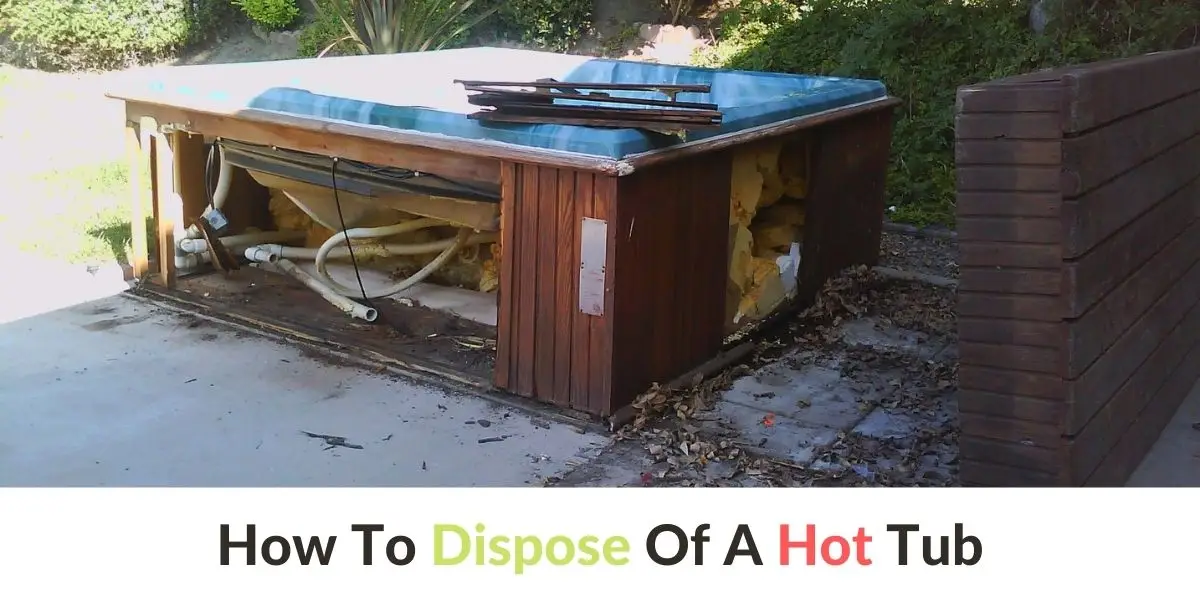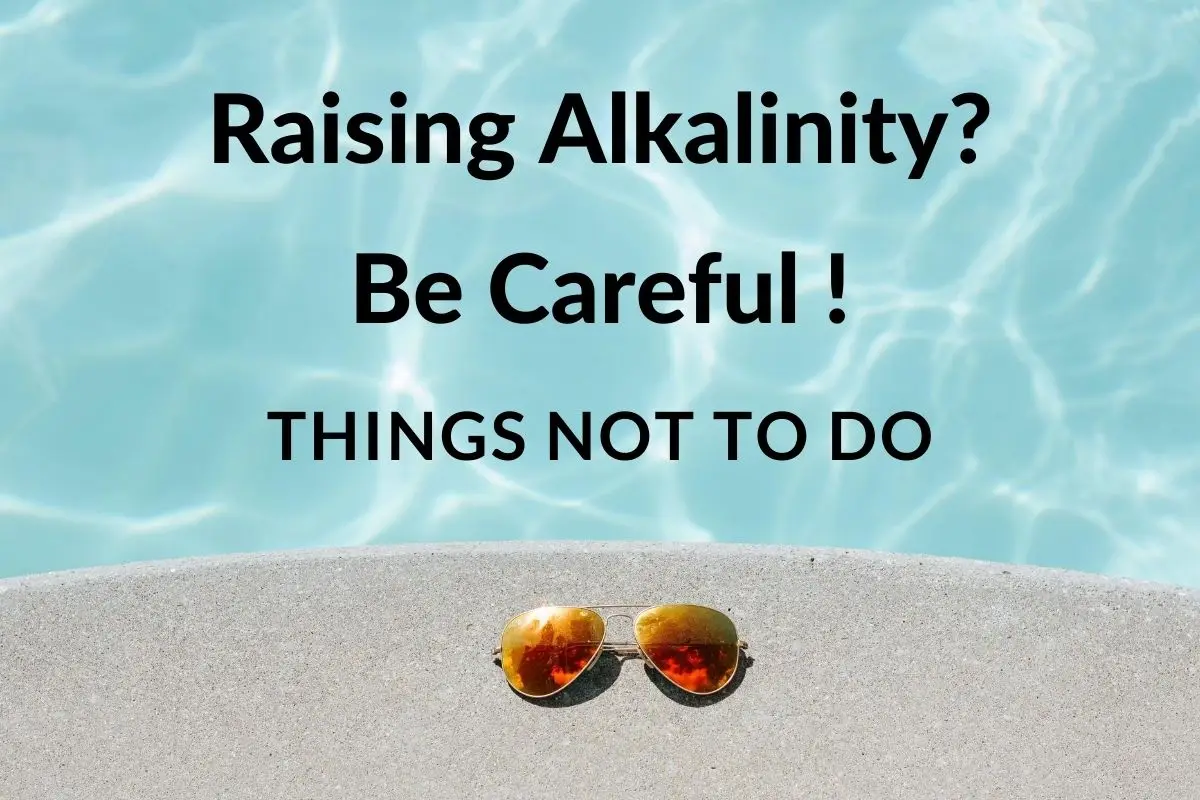Hot Tub Ozone VS Salt – What Is Better?
Do you wonder what is better between hot tub ozone vs salt? Ozone is generally considered to be good for hot tubs. Overall, it is considered to be an extremely effective method of sanitation and works to remove all bacteria and germs from the water within a hot tub.
Is Ozone Good for Hot Tubs?
In addition, ozone eliminates any oils, perfumes, dyes, etc. that may find their way into and linger within hot tub waters. Furthermore, it is created from oxygen meaning it is a completely natural method to keep waters clean and clear. As a result, ozone poses no risk of chemical byproducts or residue.
Therefore, when comparing methods of sanitation, ozone is one of the best options to keep hot tub waters clean without posing risk of damage to the hot tub itself or to those exposed to its waters.
Salt Water Hot Tub vs Chlorine ?
Both saltwater hot tubs and chlorine hot tubs have their own set of benefits and drawbacks. Here is a comparison of the two:
Saltwater hot tubs: Pros:
- Saltwater hot tubs are easier on the skin and eyes than chlorine hot tubs.
- They require less maintenance than chlorine hot tubs because the saltwater system automatically produces chlorine as needed.
- Saltwater hot tubs have a softer feel and can be less irritating to people with sensitive skin.
Cons:
- Saltwater hot tubs may be more expensive to install and maintain than chlorine hot tubs.
- The saltwater system requires electricity to function, which can increase energy costs.
Chlorine hot tubs: Pros:
- Chlorine hot tubs are generally more affordable to install and maintain than saltwater hot tubs.
- They are effective at sanitizing the water and keeping it free of bacteria and algae.
Cons:
- Chlorine hot tubs can be harsh on the skin and eyes, and may cause irritation for people with sensitive skin.
- They require regular maintenance, including adding chlorine to the water and testing the pH levels.
- The strong smell of chlorine may be unpleasant for some people.
Ultimately, the decision between a saltwater hot tub and a chlorine hot tub will depend on your personal preferences and budget. Both types of hot tubs can be effective at sanitizing the water, but saltwater hot tubs may be more comfortable for some people due to the softer feel of the water.
Is a Salt Water Hot Tub Better?
Every hot tub owner has their own opinion regarding which type is the best to purchase. However, given the immense benefits and efficiency of salt water hot tubs, they are largely believed to be better than their chemically cleaned or ozone using counterparts.
For example, salt water hot tubs do not irritate one’s eyes or skin and do not leave hard water residue in hair.
Furthermore, the salt water sanitation needs very little if any chlorine and does not leave a foul smell behind. In addition, salt water hot tubs naturally maintain effective chlorine levels and need very little manual maintenance in order to stay sanitary. Finally, salt water hot tubs are known to be very beneficial in terms of hydrotherapy and can be used to reduce symptoms of arthritis.
Are Salt Water Hot Tubs Sanitary?
Salt water hot tubs are extremely sanitary when proper installation methods are followed and effective maintenance systems are applied. For instance, saltwater hot tubs work by utilizing salt cell chlorinators that naturally release chlorine into the hot tub’s water. This chlorine is produced using the salt within the hot tub and eliminates the need for any added chemical chlorine. Furthermore, once this chlorine is used to clean the water, it works to create extremely stable conditions of cleanliness. This means that the water does not fluctuate much in terms of pH levels, remaining sanitary with very little maintenance.
Pros of Ozone Hot Tubs
- Ozone hot tubs utilize all natural ingredients and works to create ozone by combining oxygen molecules making 3 unit particles instead of the standard 2 units found in oxygen.
- Ozone is extremely effective at removing germs and bacteria from a hot tub’s waters.
- Ozone kills many forms of foreign contaminants including perfumes, dyes, and lotions.
- Ozone poses no risk of chemical build-up within a hot tub which prevents potential damage to the lining.
- Due to the lack of chemicals or additives, ozone sanitation methods are extremely gentle on the skin and do not cause side effects of irritation, rashes, or itching in users.
Cons of Ozone Hot Tubs
- The lifespan of ozone is very short. This means that it has to be frequently introduced to hot tubs in order to maintain proper levels of sanitation.
- Ozone is extremely reactive and corrosive meaning that safety measures and precautions such as installing corrosive-resistant materials must be implemented in order to prevent any damage from occurring to a hot tub.
- Ozone creates a large amount of water waste upon implementation.
- If present at high levels, ozone can be dangerous to inhale causing chest pain, coughing, throat irritation, asthma reactions, and other similar symptoms.
- The initial installation process of ozone sanitized hot tub can be quite pricey and time-consuming as users must ensure that all the water is drained and the hot tub is completely disinfected and rid of any existing germs or bacteria.
Pros of Salt Water Hot Tubs
- Salt water hot tubs are known to be extremely beneficial for one’s health. Due to the denseness of the salt, users can easily float. This removes tension from their joints and bodies and is extremely beneficial for those with conditions such as arthritis.
- Salt water hot tubs use fewer chemicals than standard hot tubs and produce only what is needed in order to maintain sanitary water levels.
- Due to the lessened amount of chemicals needed, there is no chemical residue left in the hot tub. This means that there is also no foul odor that is typically associated with hot tub use.
- Salt water hot tubs use less water than their counterparts, because their maintenance requires fewer drains and refills. This also means that owners may save on water bills.
- Salt water hot tubs are also known to save owners money on maintenance routines. Due to the lack of chemicals used, owners save money on chlorine costs. In addition, salt water hot tubs use titanium cartridges in order to keep water clean. These last roughly 4 months and are highly cost-efficient meaning less money is spent in order to keep proper sanitation levels.
Cons of Salt Water Hot Tubs
- While praised for being extremely cost efficient, the initial installation fees for salt water hot tubs can be quite pricey.
- Salt water is extremely corrosive. This means that it may cause very costly and potentially irreversible damage to any hot tub systems.
- In order to be effective, water temperatures must remain at 60 degrees Fahrenheit or higher. If temperatures drop below 60 degrees, most saltwater systems shut down completely. This means that no sanitation is taking place, and bacteria can creep in and grow.
- Due to the high levels of salt and chlorine present within the water, saltwater hot tubs can potentially be dangerous for the environment. As a result, owners must be very cautious when cleaning and draining their saltwater hot tubs.
- Salt cell replacement must be done every 2 to 5 years in order to keep saltwater hot tubs functioning properly. If this is not done, the water will not remain sanitary. However, the process can be tedious and is not always cheap.









